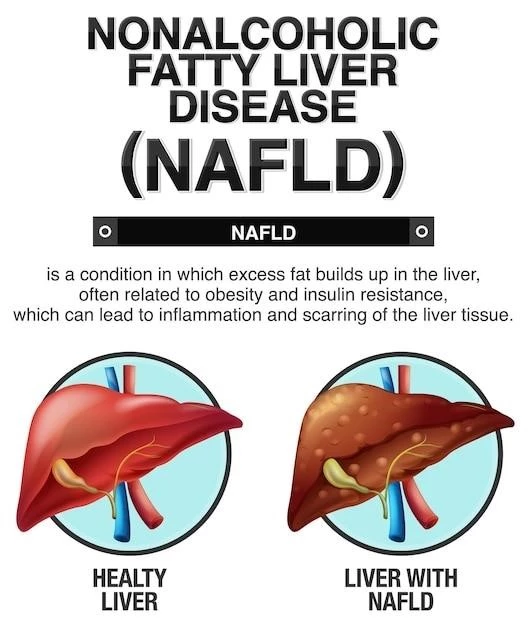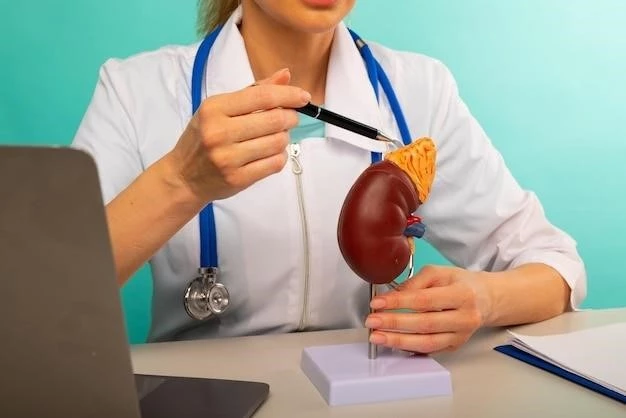Causes of Chemke–Oliver–Mallek Syndrome
The causes of Chemke–Oliver–Mallek Syndrome primarily stem from genetic mutations.
Genetic Mutations
The genetic mutations associated with Chemke–Oliver–Mallek Syndrome involve alterations in specific genes that affect normal development and function of various body systems‚ leading to the characteristic features of the syndrome.
Inheritance Patterns
The inheritance patterns of Chemke–Oliver–Mallek Syndrome may vary‚ with some cases showing an autosomal dominant pattern‚ while others may exhibit an autosomal recessive or X-linked inheritance. Understanding the specific inheritance pattern in each case is crucial for accurate genetic counseling and family planning.

Symptoms and Signs of Chemke–Oliver–Mallek Syndrome
The syndrome manifests through craniofacial abnormalities‚ developmental delays‚ and cardiac anomalies.
Craniofacial Abnormalities
Craniofacial abnormalities in Chemke–Oliver–Mallek Syndrome may include microcephaly‚ facial asymmetry‚ ptosis‚ hypertelorism‚ and micrognathia. These features contribute to the distinctive facial appearance associated with the syndrome and may vary in severity among affected individuals.
Developmental Delays
Developmental delays are common in individuals with Chemke–Oliver–Mallek Syndrome‚ affecting motor skills‚ speech and language development‚ and cognitive abilities. Early intervention and tailored therapies are crucial to support optimal developmental progress in affected individuals.
Cardiac Anomalies
Individuals with Chemke–Oliver–Mallek Syndrome may present with various cardiac anomalies such as atrial septal defects‚ ventricular septal defects‚ and abnormalities in the structure or function of the heart valves. Close monitoring and prompt intervention are essential to manage cardiac issues effectively in affected individuals.
Diagnosis and Testing for Chemke–Oliver–Mallek Syndrome
Diagnosing Chemke–Oliver–Mallek Syndrome involves genetic testing‚ imaging studies‚ and clinical examination.
Genetic Testing
Genetic testing plays a crucial role in diagnosing Chemke-Oliver-Mallek Syndrome by identifying specific mutations in the associated genes. This method helps confirm the diagnosis‚ guide treatment decisions‚ and provide valuable information for genetic counseling and family planning.
Imaging Studies
Utilization of imaging studies‚ such as X-rays‚ MRIs‚ and echocardiograms‚ aids in evaluating structural abnormalities in various organ systems in individuals with Chemke-Oliver-Mallek Syndrome. These tests assist in comprehensive assessment and management planning to address specific medical needs effectively.
Clinical Examination
A comprehensive clinical examination‚ including a thorough physical assessment and medical history review‚ is essential in diagnosing Chemke-Oliver-Mallek Syndrome. Clinical findings help healthcare providers evaluate the range of symptoms and tailor treatment plans to address individual needs effectively.
Treatment Options for Chemke–Oliver–Mallek Syndrome
Treatment may involve surgical interventions‚ therapies for developmental support‚ and medication management.
Surgical Interventions
Surgical interventions may be necessary to address craniofacial abnormalities‚ cardiac defects‚ or other structural issues associated with Chemke-Oliver-Mallek Syndrome. Skilled surgical teams collaborate to ensure optimal outcomes and improve the overall health and quality of life of affected individuals.
Therapies for Developmental Support
Therapies for developmental support‚ including physical therapy‚ speech therapy‚ and educational interventions‚ play a vital role in maximizing the potential of individuals with Chemke-Oliver-Mallek Syndrome. These tailored interventions address specific needs and empower individuals to achieve developmental milestones and improve quality of life.
Medication Management
Medication management in Chemke-Oliver-Mallek Syndrome aims to control symptoms such as seizures‚ cardiac issues‚ or behavioral challenges. Careful monitoring‚ dose adjustments‚ and adherence to prescribed medications are essential components in the comprehensive treatment plan for individuals with this syndrome.
Prognosis and Outcomes of Chemke–Oliver–Mallek Syndrome
The long-term prognosis and quality of life considerations are essential factors to monitor.
Long-Term Prognosis
The long-term prognosis for individuals with Chemke-Oliver-Mallek Syndrome varies based on the severity of symptoms‚ timely interventions‚ and overall health management. Close medical follow-up‚ multidisciplinary care‚ and ongoing support can help improve outcomes and quality of life for affected individuals throughout their lifespan.
Quality of Life Considerations
Ensuring optimal quality of life for individuals with Chemke-Oliver-Mallek Syndrome involves comprehensive support‚ including medical care‚ therapies‚ educational resources‚ and access to community services. Addressing physical‚ emotional‚ and social needs enhances well-being and promotes a fulfilling life for individuals and their families dealing with the challenges of the syndrome.
Research Advances in Chemke–Oliver–Mallek Syndrome
Current studies and emerging treatments are shaping the landscape of research in this syndrome.
Current Studies and Findings
Ongoing research is uncovering new insights into the genetic basis and clinical manifestations of Chemke-Oliver-Mallek Syndrome. The identification of potential therapeutic targets and the exploration of novel treatment strategies are areas of focus in current studies‚ aiming to improve outcomes and quality of life for individuals affected by this rare condition.
Emerging Treatments
Emerging treatments for Chemke-Oliver-Mallek Syndrome utilize advancements in medical technology and personalized medicine. Novel therapeutic approaches‚ such as gene therapies and targeted interventions‚ aim to address the underlying genetic abnormalities and improve symptom management. These innovative treatments hold promise for enhancing the care and outcomes of individuals with this complex genetic disorder.
Support Resources for Individuals with Chemke–Oliver–Mallek Syndrome
Patient support groups‚ counseling services‚ and educational resources offer valuable assistance.
Patient Support Groups
Engaging with patient support groups provides individuals with Chemke-Oliver-Mallek Syndrome and their families a platform for sharing experiences‚ gaining emotional support‚ accessing information‚ and fostering a sense of community. These groups offer a valuable network of understanding and solidarity among those affected by the syndrome.
Counseling Services
Professional counseling services offer emotional support‚ coping strategies‚ and guidance to individuals‚ families‚ and caregivers navigating the challenges associated with Chemke-Oliver-Mallek Syndrome. Counseling sessions provide a safe and confidential space to address emotional well-being‚ enhance resilience‚ and promote positive mental health outcomes.
Educational Resources
Educational resources provide valuable information‚ guidance‚ and tools for individuals‚ families‚ and healthcare professionals involved in the care and management of Chemke-Oliver-Mallek Syndrome. These resources cover aspects such as understanding the syndrome‚ accessing specialized care‚ and implementing appropriate interventions to support the well-being and development of affected individuals.
